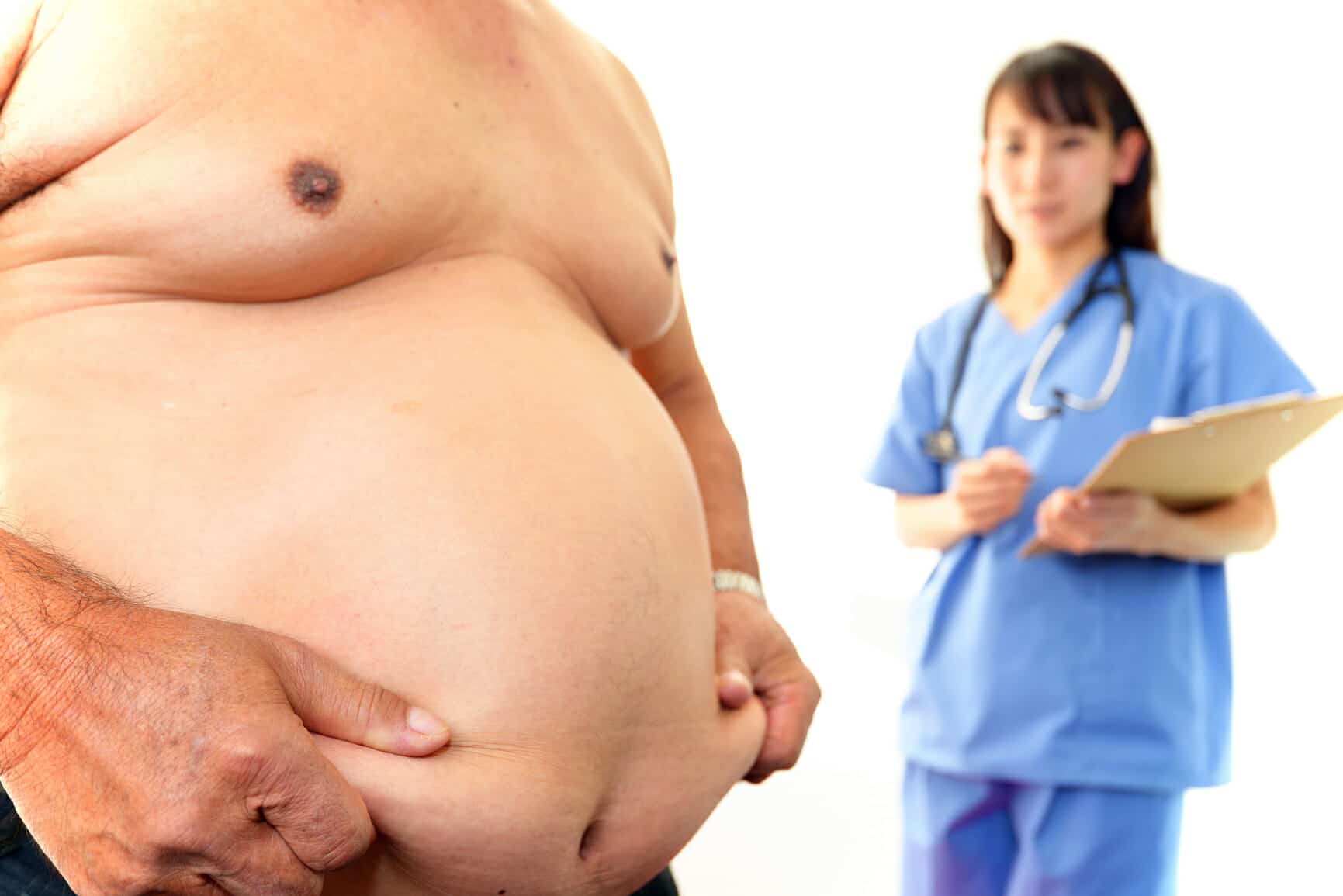When it comes to processing alcohol, men and women are entirely different. Contrary to common belief, men and women of almost the same height and weight do not experience similar effects after consuming equal amounts of alcohol. Studies prove that women are more adversely affected by alcohol abuse. That makes it very necessary for women to understand this particular difference between them and men and reduce their alcohol consumption accordingly.
Try out our blood alcohol calculator at: https://www.healthstatus.com/calculate/blood-alcohol-bac-calculator
Just like men and women are differently affected by various diseases, alcohol-related ailments also exhibit varying levels. Studies and researches conducted over the last couple of decades prove without a doubt that quite a number of ill-health consequences of alcohol abuse develop faster in women than in men.
In general, men are able to handle excessive alcohol consumption better than women. Being larger in build, men have more blood volume and less body fat than women. In addition, men have a higher concentration of dehydrogenase — an enzyme that breaks alcohol down. On the other hand, women have a smaller body size, more body fat, lower amounts of dehydrogenase and regular occurrences of hormonal changes. As a result, women respond faster and with more intensity after a round of drinks.
Why Is There A Difference In Alcohol Processing?
Due to many physiological factors, women experience the ill-effects of alcoholism more than men — even if both of them are of the same size. Here are 4 explanations as to why men and women react differently to alcohol consumption:
- Capacity to dilute alcohol: While the concentration of water in the body of an average man is around 61 percent, a woman has a considerable less water content, that of 52 percent. As a result, a man”s body is naturally equipped to dilute alcohol more efficiently than a woman”s body — regardless of the weight factor.
- Capacity to metabolize alcohol: As mentioned earlier, women have lower concentrations of dehydrogenase — the enzyme that metabolizes alcohol before it passes into the bloodstream. So, a woman”s body processes alcohol comparatively slower than a man”s body would.
- Hormonal changes: Variations in the hormonal levels prior to menstruation can cause women to become intoxicated faster. This is especially evident during the days just before the commencement of the periods. Women who regularly take estrogen-added medications like birth control pills often experience extended effects of intoxication since the medication slows down the rate at which the body is able to eliminate the alcohol content.
- Body fat: The content of body fat is directly related to the rate of absorption and metabolizing of alcohol. Women have a higher concentration of body fat than men. Since fat does not absorb alcohol, the entire alcohol content remains in a highly concentrated form in the bloodstream. Consequently, women experience alcohol-induced intoxication faster than men. Here is an article on how long does alcohol stay in your blood, you might find it helpful.
Alcohol-Related Women”s Health Issues
Comparative studies on the drinking habits and its after-effects on men and women have uncovered another alarming fact – women are more vulnerable to the damaging effects of alcohol.
Here are some of the serious conditions that may affect female heavy drinkers:
- According to the National Institute of Alcoholism and Alcohol Abuse, women face a higher risk than men when it comes to developing serious health consequences of alcohol abuse like liver cirrhosis. In fact, more alcoholic females die from cirrhosis every year than alcoholic males.
- Women who drink heavily are prone to greater risk of high blood pressure and damage to the brain and pancreas than heavily drinking men.
- After a few years of heavy drinking, women experience nerve damage and weakening of the heart muscle even if they have not been drinking as much as men.
Although women face more dangers from alcohol abuse than men, there is still one fact that extends hope – women are far likelier to turn for help and maintain abstinence if they are treated in a good de-addiction facility.





